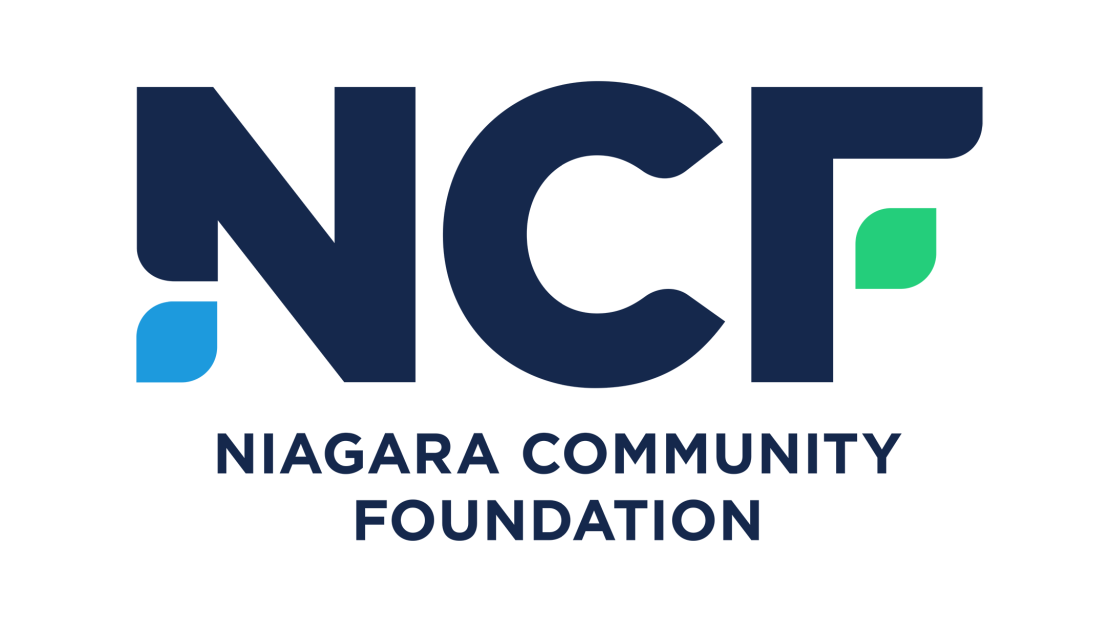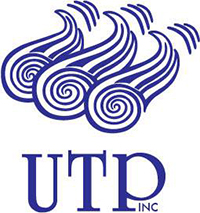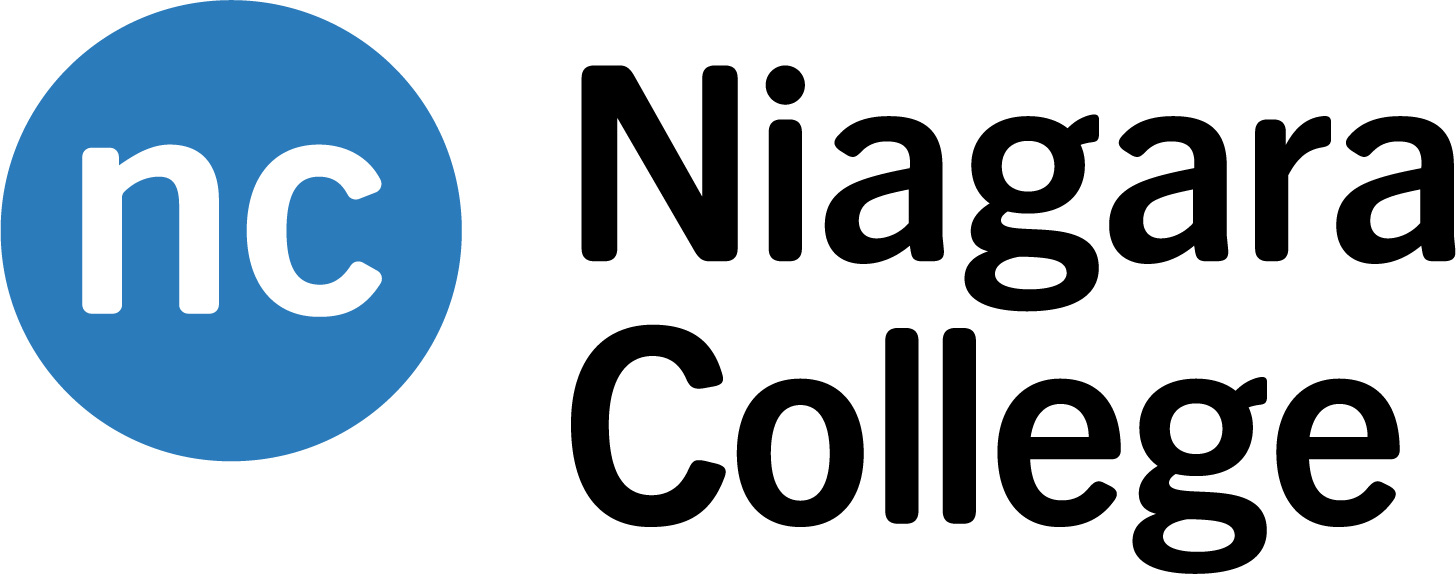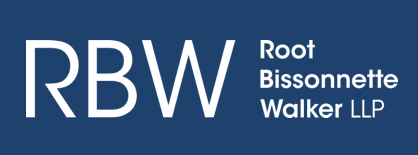Considering the 2023 housing market’s dynamics, with its high interest rates and market unpredictability, let’s discuss the significance of home equity. One of the most valuable assets homeowners have is their home equity. Home equity is the difference between the current market value of your home and the outstanding balance on your mortgage. The two common methods of tapping into your home equity are refinancing and second mortgages. Let’s review together what home equity is, how you can use it and what are the main differences between refinancing and second mortgages.
Understanding Home Equity
Home equity is the portion of a home’s value that you truly own, calculated as the difference between the property’s current market value and the remaining balance on your mortgage. It accumulates over time as you make mortgage payments, reducing the loan principal, and as your property’s value increases due to market appreciation or improvements. I’m here to assist you in understanding this concept and how it applies to your unique situation.
The Refinancing Option
Refinancing involves the replacement of your current mortgage earlier than its maturity with a new one, often pursued to secure more favourable terms or tap into your home’s equity. While in today’s market, with higher interest rates, this option is less commonly used, it’s essential not to dismiss it entirely, as it can still serve specific financial objectives in certain situations.
The Second Mortgage Option
A second mortgage is an additional loan secured against your home, separate from your primary mortgage. It allows homeowners to access funds without affecting their existing and potentially lower-rate primary mortgage. However, the suitability of a second mortgage depends on your specific financial situation and the lender products you qualify for.
That’s why a conversation with me, your mortgage broker, can be invaluable in helping you understand the best options for you and your family.
Financial Goals Achievable by Utilizing Home Equity
- Home improvements
- Debt consolidation
- Education expenses
- Emergency funds
- Investment opportunities
Qualification and Process
Whether you’re thinking about refinancing your existing mortgage or considering a second mortgage, lenders typically take several factors into account. These include your credit score, income level, your ability to manage repayments in a changing rate environment, the equity in your home, and proof of ownership due to the prevalence of title fraud in today’s market. Additionally, most lenders will require a current appraisal of your home. Meeting these qualifications is crucial for moving forward with either option, and I’m here to help.
Refinancing and second mortgages each involve unique processes. Refinancing essentially replaces your current mortgage with a new one, a journey that includes everything from your initial application to approval and closing. On the other hand, obtaining a second mortgage allows you to tap into additional funds and often follows a more streamlined process with quicker completion.
Remember, to make the most informed decision tailored to your specific circumstances, don’t hesitate to reach out to me. I’m here to assist with reviewing options that best aligned to your financial goals and supporting you every step of the way.
 Back to myNiagaraOnline
Back to myNiagaraOnline
































